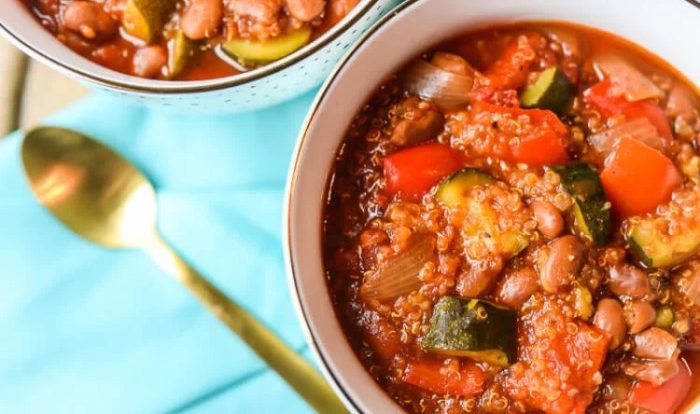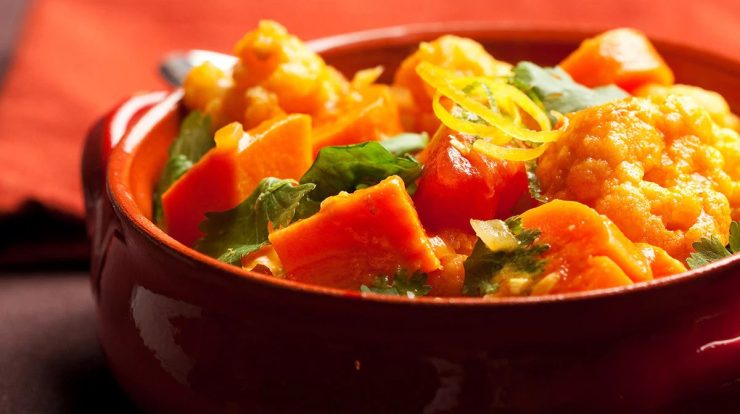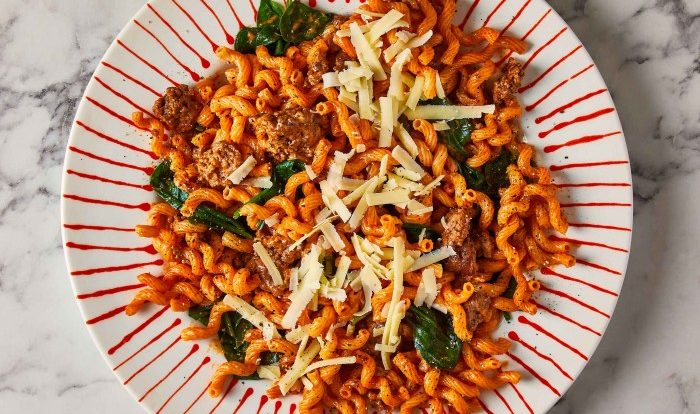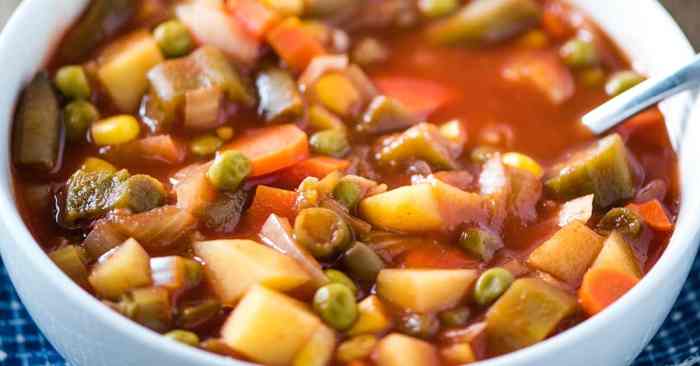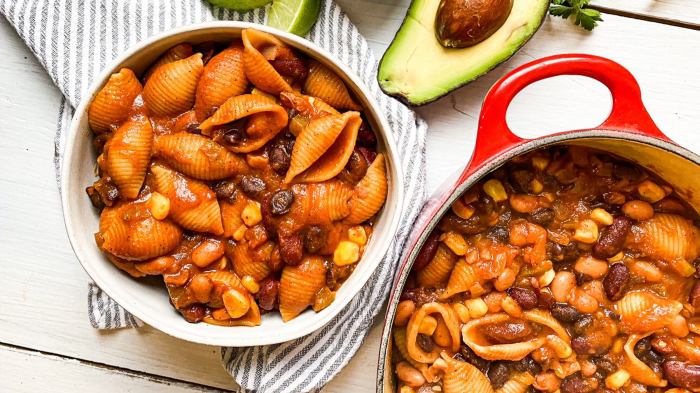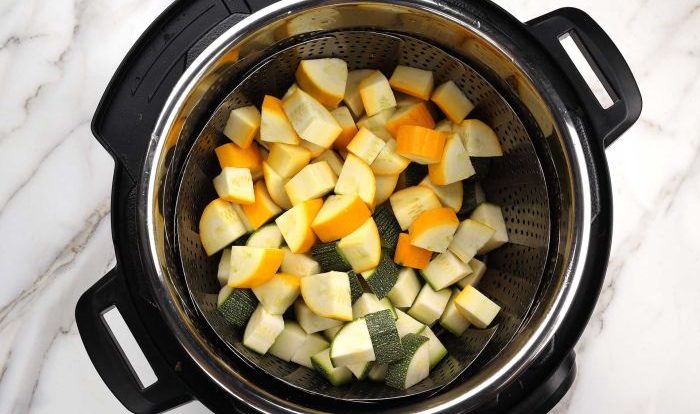Chocolate fudge cake calories, a topic that tantalizes the taste buds and sparks curiosity, takes center stage in this exploration. Delve into a world of delectable indulgence as we unveil the nutritional profile, health implications, and dietary considerations surrounding this beloved dessert.
From its rich, decadent flavor to its potential impact on our well-being, chocolate fudge cake presents a complex tapestry of culinary pleasure and nutritional intrigue. Join us on a journey to unravel the secrets behind this delectable treat, empowering you with informed choices and a deeper appreciation for the harmony between indulgence and health.
Nutritional Overview
Chocolate fudge cake is a decadent dessert with a rich, indulgent flavor. However, it is important to be aware of the calorie content before indulging in a slice.
A single serving of chocolate fudge cake (approximately 1/8 of a 9-inch cake) contains around 350 calories. Of these calories, approximately 55% come from fat, 35% from carbohydrates, and 10% from protein.
Comparison to Other Desserts
Compared to other types of cake, chocolate fudge cake is relatively high in calories. For example, a slice of yellow cake contains around 250 calories, while a slice of carrot cake contains around 300 calories.
However, chocolate fudge cake is lower in calories than many other desserts. For example, a scoop of ice cream contains around 250 calories, while a slice of cheesecake contains around 400 calories.
Calorie Content Variations
The calorie content of chocolate fudge cake can vary significantly depending on several factors, including the serving size, the ingredients used, and the method of preparation.
Serving Size:The calorie content of a slice of chocolate fudge cake will vary depending on the size of the serving. A small slice of cake will have fewer calories than a large slice.
Ingredients:The ingredients used in chocolate fudge cake can also affect the calorie content. Cakes made with whole wheat flour and less sugar will have fewer calories than cakes made with white flour and more sugar.
Method of Preparation:The method of preparation can also affect the calorie content of chocolate fudge cake. Cakes that are baked in a pan with oil will have more calories than cakes that are baked in a pan without oil.
Examples of Calorie Content Variations
- A small slice of chocolate fudge cake made with whole wheat flour and less sugar will have about 200 calories.
- A large slice of chocolate fudge cake made with white flour and more sugar will have about 300 calories.
- A slice of chocolate fudge cake that is baked in a pan with oil will have about 250 calories.
- A slice of chocolate fudge cake that is baked in a pan without oil will have about 200 calories.
Health Implications
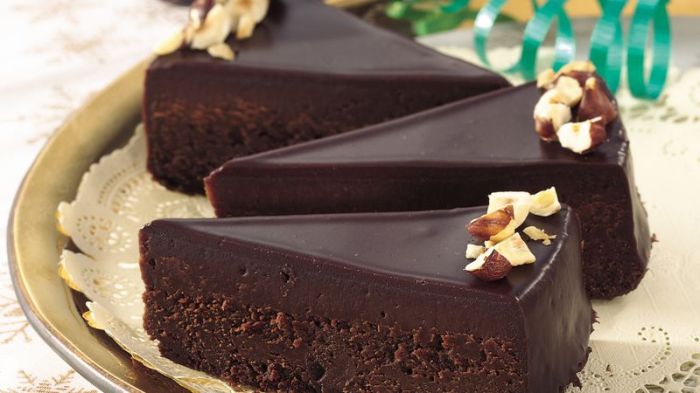
Consuming chocolate fudge cake can have both positive and negative implications on health. On the positive side, chocolate contains antioxidants that may provide some health benefits. However, the high calorie content and the presence of sugar and fat can also contribute to weight gain and other health issues if consumed excessively.
Calorie Intake and Weight Management
The high calorie content of chocolate fudge cake can significantly contribute to overall calorie intake. Excessive calorie intake can lead to weight gain, which is a risk factor for various health problems, including heart disease, stroke, type 2 diabetes, and some types of cancer.
Chocolate fudge cake is a decadent dessert, but it comes with a hefty calorie count. If you’re looking for a healthier alternative, try almond flour no bake cookies . These cookies are made with almond flour, which is low in carbs and high in protein and fiber.
They’re also gluten-free and vegan. Plus, they’re super easy to make and require no baking. So, next time you’re craving something sweet, reach for an almond flour no bake cookie instead of a slice of chocolate fudge cake.
Blood Sugar Levels and Cardiovascular Health, Chocolate fudge cake calories
The sugar in chocolate fudge cake can cause a spike in blood sugar levels, especially in individuals with insulin resistance or diabetes. This can lead to weight gain, increased risk of heart disease, and other health complications. Additionally, the saturated and trans fats in chocolate fudge cake can raise cholesterol levels and increase the risk of cardiovascular disease.
Dietary Considerations: Chocolate Fudge Cake Calories
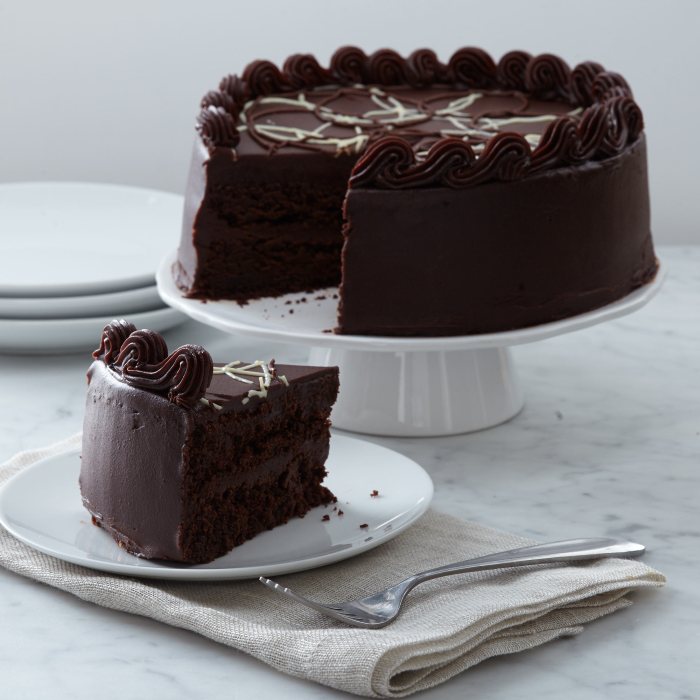
Individuals with specific dietary restrictions or preferences can still enjoy chocolate fudge cake without compromising their nutritional goals. Substituting ingredients or making slight modifications can accommodate various dietary needs while maintaining the cake’s indulgent flavor.
Gluten-Free Option
For those with gluten intolerance or celiac disease, substituting all-purpose flour with gluten-free flour blends ensures a gluten-free treat.
Reduced-Sugar Variation
To reduce sugar content, consider using natural sweeteners like honey or maple syrup as alternatives. Additionally, reducing the overall amount of sugar used in the recipe can lower the calorie count.
Dairy-Free Option
Dairy-free milk, such as almond milk or oat milk, can replace regular milk to accommodate lactose intolerance or vegan preferences.
Whole Wheat Variation
Incorporating whole wheat flour into the recipe adds fiber and nutrients while reducing the glycemic index compared to using only refined flour.
Final Wrap-Up
In the realm of desserts, chocolate fudge cake stands as a testament to the exquisite balance between indulgence and nourishment. Its nutritional profile, while not without its indulgences, offers insights into mindful consumption and the importance of dietary balance. Whether enjoyed as an occasional treat or incorporated into a well-rounded diet, chocolate fudge cake can be savored guilt-free when approached with knowledge and moderation.
Remember, the key to a harmonious relationship with food lies in mindful choices and a holistic approach to nutrition. By understanding the nutritional implications of our culinary adventures, we empower ourselves to navigate the world of desserts with both pleasure and well-being as our guiding stars.



